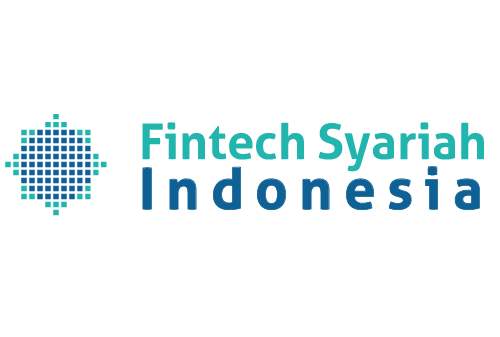Perkembangan Perusahaan Fintech Indonesia: Sebuah Tinjauan Produk, Akad dan Performa pada ALAMI Sharia
DOI:
https://doi.org/10.59580/iesbir.v2i2.6111Abstract
Islamic fintech industry provides solutions for SMEs who need funding access besides banks. One of the Islamic fintechs contributing to the economy in Indonesia is PT. Alami Fintek Sharia or commonly known as ALAMI Sharia. This article attempts to describe the products and contracts used by ALAMI Sharia and its financial condition from 2019 to 2021. The method used is descriptive analysis of data obtained from primary and secondary data sources. The research results show that ALAMI has 3 types of products, namely invoice financing, purchase order financing, and community-based financing. In these products, the contracts used are a combination of Wakalah bil Ujroh, Hawalah bil Ujroh, Qardh, Murabahah, and Musyarakah. On the other hand, ALAMI Sharia has shown good performance in 2021 by recording several financial ratios, namely the current ratio of 132%, Net Profit Margin of 5%, ROI of 7%, ROE of 19%, debt to Asset Ratio of 62%, and debt to Equity Ratio of 165%.
Downloads
Published
How to Cite
Issue
Section
License
Copyright (c) 2023 Muhammad Fuad Adisaputra, M Izdiyan Muttaqien

This work is licensed under a Creative Commons Attribution 4.0 International License.
Authors who publish with this journal agree to the following terms:
- Authors retain copyright and grant the journal right of first publication with the work simultaneously licensed under a Creative Commons Attribution 4.0 International License that allows others to share the work with an acknowledgment of the work's authorship and initial publication in this journal.
- Authors can enter into separate, additional contractual arrangements for the non-exclusive distribution of the journal's published version of the work (e.g., post it to an institutional repository or publish it in a book), with an acknowledgment of its initial publication in this journal.
- Authors are permitted and encouraged to post their work online (e.g., in institutional repositories or on their website) before and during the submission process, as it can lead to productive exchanges, as well as earlier and greater citation of published work.

This work is licensed under a Creative Commons Attribution 4.0 International License.












